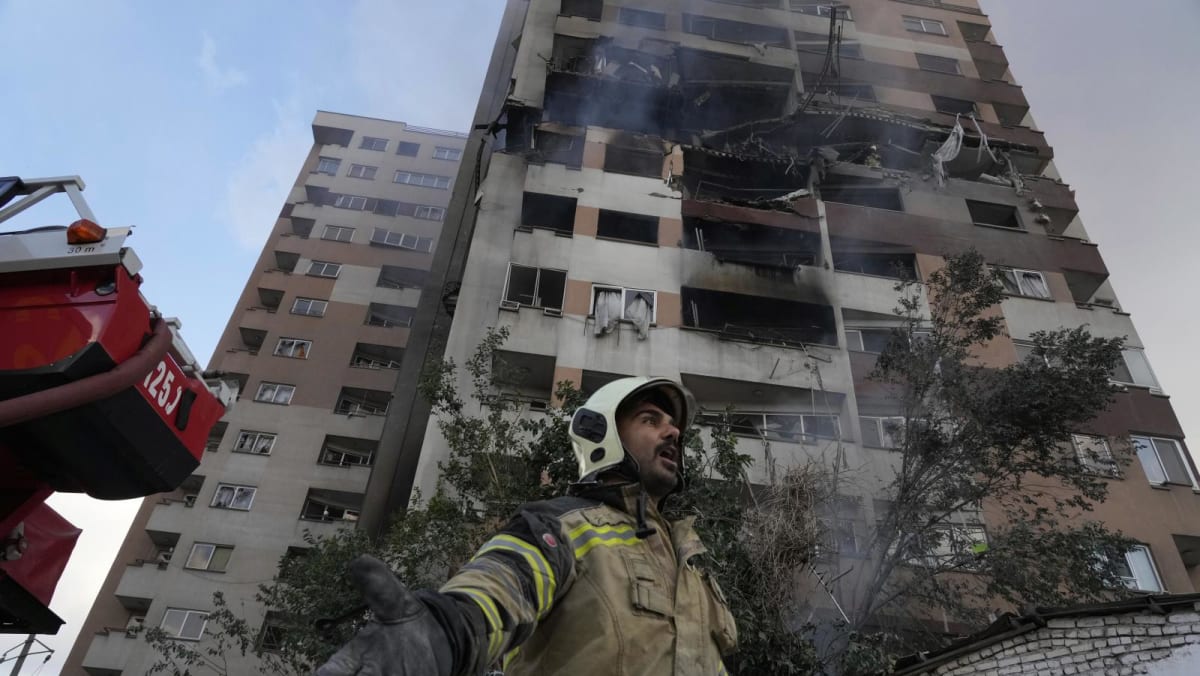Jonathan Panikoff, director of think-tank Atlantic Council’s Scowcroft Middle East Security Initiative, said the timing of the strikes meant that Netanyahu believed Israel could not wait for the US to complete its negotiations with Iran.
He said the Iranians see their nuclear programme as “almost existential” for them, while the Israelis see it as a threat to its long-term security.
Hence, Tehran’s response could be stronger compared with its ballistic missile and drone strikes against Israel in April and October last year, he said, adding that Iran could use its proxies such as Iraq-based militia groups and the Houthis to launch retaliatory attacks.
Panikoff noted that Rubio’s remarks – which did not back or criticise Israel’s action – came as a surprise, as Washington usually issues a statement of support for Israel in such situations.
However, this does not mean that the US would not defend Israel, he said.
“I almost certainly think the US is going to (defend Israel), but it is a real question mark about the status of the current Israel-US relationship based on tonight’s actions by Netanyahu,” he told CNA’s Asia First programme.
The US military is planning for the full range of contingencies in the Middle East, including the possibility that it might have to help evacuate American civilians, a US official told Reuters, speaking on condition of anonymity.
The US on Wednesday said it was reducing embassy staff in Iraq – long a zone of proxy conflict with Iran.
